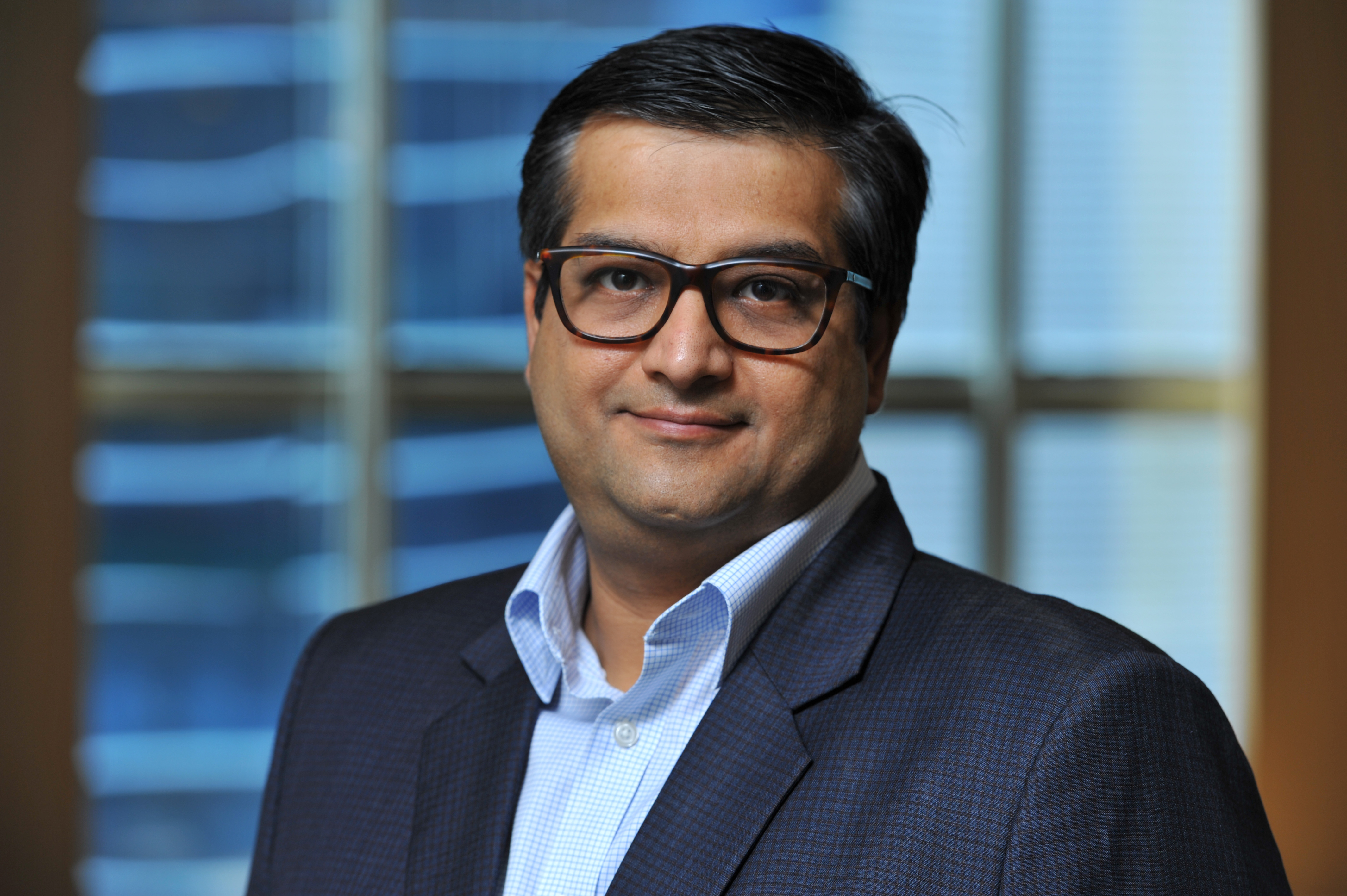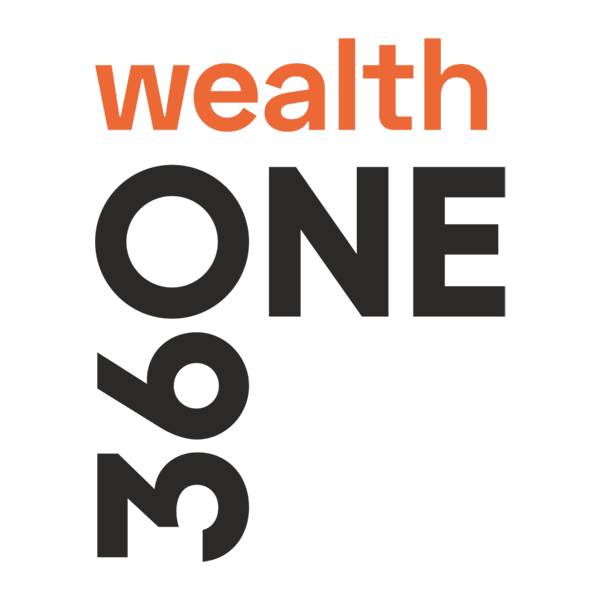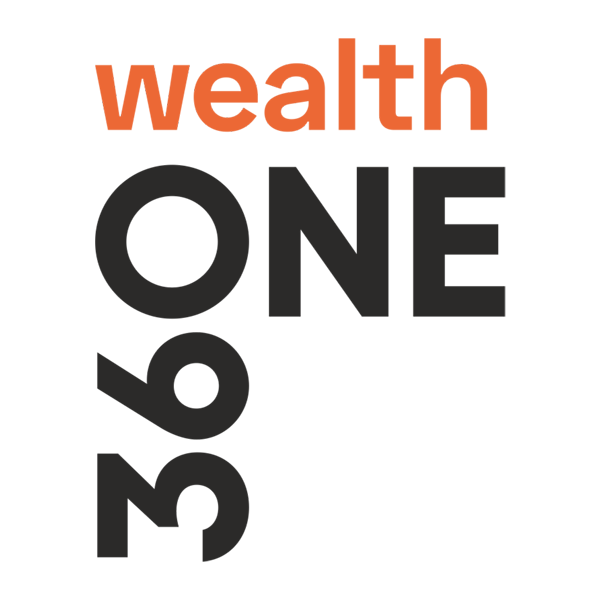
By Vinay Ahuja, Executive Director
Wealth plays a paradoxical role in our lives. When you don't have enough of it, you work to accumulate more. Once you accumulate wealth, then you focus on growing it. And when you have a sizeable amount of wealth, then you worry about preserving it. No one understands this better than HNIs (high networth individuals) and Ultra HNIs. For a lot of HNIs, the primary source of wealth is their business or monetisation of intellectual capital.
Thus, they tend to focus more on preserving and growing their wealth. Contrary to the general perception of flamboyance, HNIs tend to be more conservative when it comes to investing and only take calculated risks. However, in the backdrop of the current investment climate and taking into consideration the widespread socio-economic impact of the COVID-19 pandemic, HNIs are adopting a differentiated approach to investing.
We are currently navigating a low rate and high-risk environment. HNIs are now re-aligning their investment strategies to mitigate risk and increase their cash reserves in order to capitalise on emerging opportunities. This underscores the fact that HNIs are increasingly understanding the importance of market cycles and are willing to hold cash for future opportunities.
A few trends being observed in HNI portfolios:
1) Allocation to equities is increasing in a measured manner. The main focus is on risk mitigation. This means:
a) Large cap stocks continue to attract investor interest due to their relative safety within the stock universe and ability to participate in the larger part of market rallies. b) Cyclicals are gaining attention and individuals are increasingly looking for sectors that are likely to benefit from an eventual turn in the economic cycle. However, this is largely from a long-term perspective. c) Stock selection is gaining more importance as investors look to invest in quality stocks that are available at compelling valuations.
2) Due to the increased focus on safety, HNIs are also maintaining a substantial exposure to debt investments. However, considering the low interest rate regime, they are choosing to invest in structured products rather than plain vanilla fixed-income products. Structured products provide the relative safety of debt instruments while generating slightly higher yields.
3) Another interesting trend that is emerging is the change in real estate exposure. Traditionally, HNI portfolios have had high exposure to real estate investments. However, over the last few years, it has been observed that such exposure is reducing. While real estate continues to hold sway, a lot of money that was probably allocated to it previously is now finding its way into Real Estate Investment Trusts (REITs). So, instead of purchasing real estate directly, HNIs are choosing to invest in REITs to gain the necessary exposure to the asset class.
4) In addition to stock market investments, HNIs are also choosing to invest either directly or through fund structures in technology startups that are focused on fast growing sectors like fintech, edutech, and agritech.
5) Further, the ravages of the pandemic have shone light on the importance of supporting our ecosystems. While Environmental, Social, Governance (ESG) investing has been slowly gaining traction over the last couple of years, it is clearly an idea whose time has now come. HNI investors are increasingly looking towards impact investing ideas that can have a positive impact on their ecosystems while generating profits. This means that allocations to companies that are creating positive environment and social impact or are following the highest governance standards, are certainly increasing.
6) Gold, though precious, remains a small portion of the overall portfolio as it continues to serve its purpose of providing a hedge in uncertain economic conditions.
While these are the generic trends being observed, it is important to note that portfolio allocations need to be highly customised and should reflect your individual risk-return imperatives, investment time horizon, and be capable of meeting your financial and non-financial requirements.

Read the original article:
Moneycontrol
